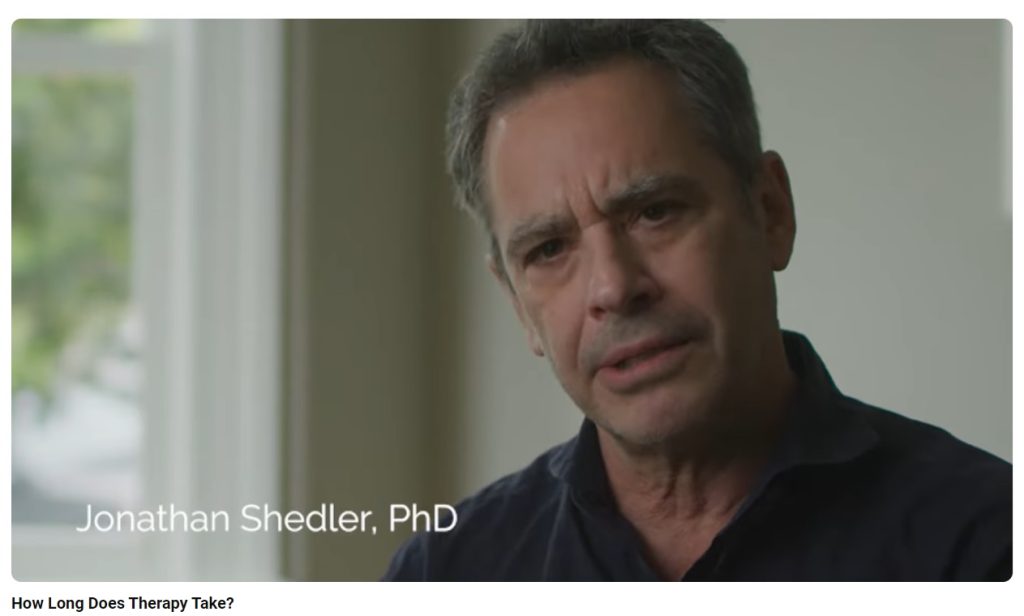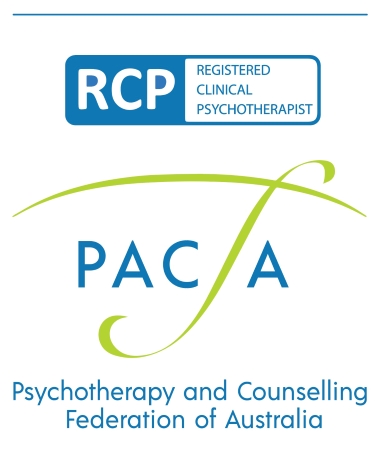
In How Long Does Psychotherapy Take?, Jonathan Shedler tackles the complex question that many newcomers to therapy ask: “How long will it take to feel better?” Shedler explains that for ingrained, long-standing emotional patterns, effective therapy is not a quick fix. Instead, it’s a gradual, skill-building journey that evolves over time. This is particularly important in Australia, where the Medicare Better Access scheme provides limited rebates for short-term therapy, typically capped at 6–10 sessions a year. Shedler argues that this restricted access is problematic as it fails to support the deeper, ongoing psychotherapy necessary to make substantial life changes. The breaks imposed by rebate limits can disrupt therapeutic momentum, potentially repeating painful early attachment and developmental issues.
Drawing on his extensive practice-based evidence, Shedler highlights that true therapeutic change requires consistency and longevity, as it often takes many sessions to rewire patterns and develop new emotional insights. He critiques the narrow focus on manualized, evidence-based treatments like CBT, pointing out that therapy isn’t a one-size-fits-all solution, and brief therapy often resembles a “bandaid” approach. Shedler describes psychotherapy as a collaborative process between therapist and client, where trust and mutual understanding are the “treatment” itself.
How Long Does Psychotherapy Take? Covers the Following Topics:
- The nature of ingrained problems: Long-standing emotional patterns are unlikely to shift in a few sessions.
- Therapy as skill-building: Lasting change takes time, much like mastering a new skill.
- Limitations of short-term therapy: Short-term sessions only scratch the surface.
- Impact of health insurance: Short-term, evidence-based therapy is often preferred, but Shedler suggests it can be like “snake oil.”
- The therapeutic relationship: Effective therapy is a partnership, where the therapist and client together form the treatment.
- Long-term research: Studies show benefits from sustained, in-depth psychotherapy.
In conclusion, Shedler’s video is a powerful call for a more comprehensive, patient-centered approach, i.e. psychotherapy that respects the time needed for true change.












